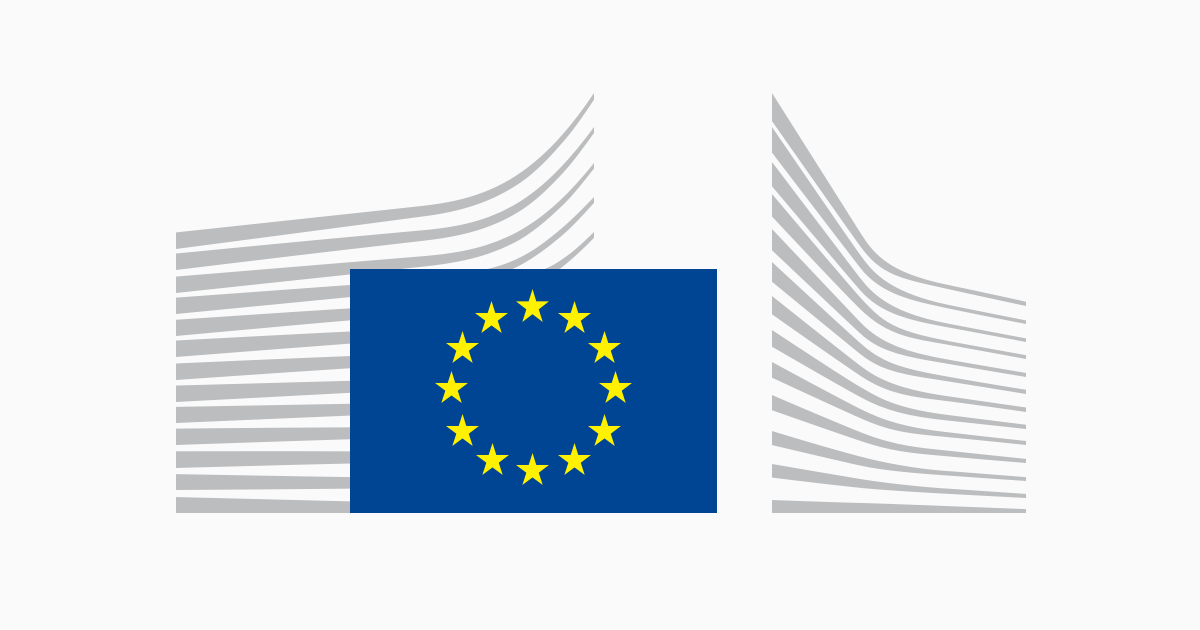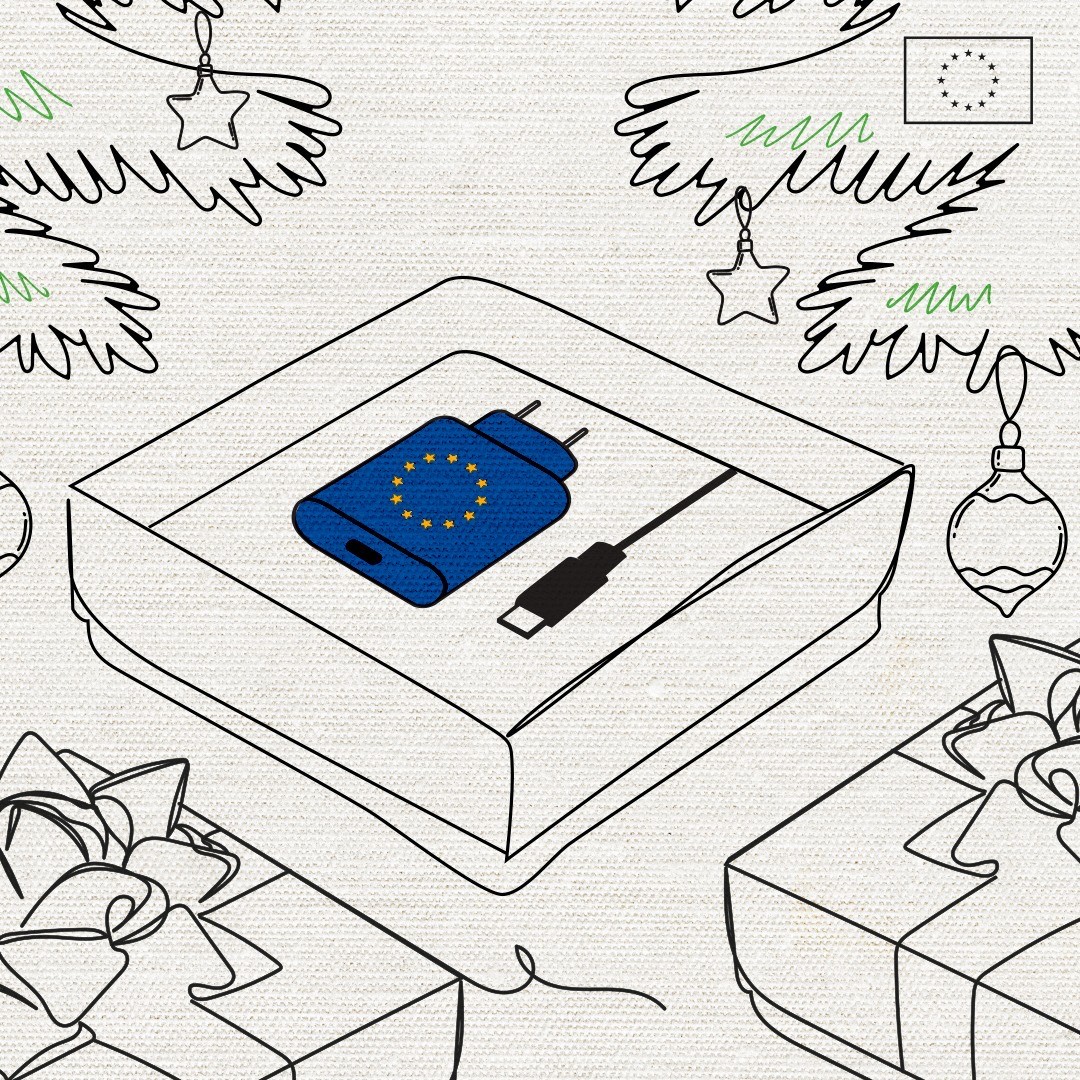- cross-posted to:
- worldinprogress@lemmy.world
- europe@feddit.de
- environnement@jlai.lu
- cross-posted to:
- worldinprogress@lemmy.world
- europe@feddit.de
- environnement@jlai.lu
cross-posted from: https://jlai.lu/post/3226934
The wait is finally over. From 2024, USB-C will be the common standard for electronic devices in the EU – and we have already seen the impact !
It means
- 🔌The same charger for all phones, tablets and cameras
- ⚡ Harmonised fast-charging technology
- 🔄Reduced e-waste
One charger to rule them all.
Now, a reality.
Learn more about the #EUCommonCharger here: https://europa.eu/!hwjj3G
Unbundling the sale of a charger from the sale of the electronic device .
The ‘common charging’ requirements will apply to all handheld mobile phones, tablets, digital cameras, headphones, headsets, portable speakers, handheld videogame consoles, e-readers, earbuds, keyboards, mice, and portable navigation systems as of 2024. These requirements will also apply to laptops as of 2026. Such transition periods will give industry sufficient time to adapt before the entry into application.
Consumers will be able to purchase a new electronic device without a new charger. This will limit the number of chargers on the market or left unused. Reducing production and disposal of new chargers is estimated to reduce the amount of electronic waste by 980 tonnes yearly
Producers will need to provide relevant visual and written information about charging characteristics, including information on the power the device requires and whether it supports fast charging. This will help consumers understand if their existing chargers meet their new device’s requirements and/or help them select a compatible charger. Combined with the other measures, this will help consumers to limit the number of new chargers purchased and save at least €250 million a year on unnecessary charger purchases.
L’attente est finalement terminée. À partir de 2024, l’USB-C deviendra la norme commune pour les appareils électroniques dans l’UE – et nous avons déjà vu son impact !
Cela signifie
- 🔌Le même chargeur pour tous les téléphones, tablettes et appareils photo
- ⚡ Technologie de charge rapide harmonisée
- 🔄Réduction des déchets électroniques
Un chargeur pour les gouverner tous. Maintenant, une réalité. Pour en savoir plus sur le #EUCommonCharger, cliquez ici : https://europa.eu/!hwjj3G
Les exigences de « charge commune » s’appliqueront à tous les téléphones mobiles portables, tablettes, appareils photo numériques, écouteurs, casques, haut-parleurs portables, consoles de jeux vidéo portables, liseuses électroniques, écouteurs, claviers, souris et systèmes de navigation portables à partir de 2024. Ces exigences s’appliquera également aux ordinateurs portables à partir de 2026. De telles périodes de transition donneront à l’industrie suffisamment de temps pour s’adapter avant l’entrée en application.
Les consommateurs pourront acheter un nouvel appareil électronique sans nouveau chargeur. Cela limitera le nombre de chargeurs sur le marché ou inutilisés. On estime que la réduction de la production et de l’élimination des nouveaux chargeurs permettrait de réduire la quantité de déchets électroniques de 980 tonnes par an.
Les producteurs devront fournir des informations visuelles et écrites pertinentes sur les caractéristiques de charge, y compris des informations sur la puissance requise par l’appareil et s’il prend en charge une charge rapide. Cela aidera les consommateurs à comprendre si leurs chargeurs existants répondent aux exigences de leur nouvel appareil et/ou les aidera à sélectionner un chargeur compatible. Combinée aux autres mesures, cette mesure aidera les consommateurs à limiter le nombre de nouveaux chargeurs achetés et à économiser au moins 250 millions d’euros par an sur les achats inutiles de chargeurs




Some Chinese manufacturers are already working on undermining this by releasing 12V non-PD devices that use the plug. Those devices are not compatible with regular chargers and if you use their power supply for something else that device will be destroyed (because it’s designed for 5V not 12).
The sale of those things will not be legal in the EU so no need to worry.
To be fair, that is true of a lot of dropship stuff on Amazon and EBay already. Claiming EC marking and the like they just don’t meet. The EU needs to come down hard on these market platforms. It’s unfair on legitimate manufacturers and bad/unsafe for consumers.
One of those devices is currently shipping to me via AliExpress… passed import without any issues.
You would think you would know, when you buy from AliExpress, which states specifically that it is shipping from OUTSIDE EU and is IMPORTING DIRECTLY.
It can’t really be any others fault but your own.
Its like saying “You said drugs are illegal but i just got them from my dealer without issue.”
You can buy all sorts of stuff that violates IP laws from ali express too…
Cool, we’ll have a proper laugh at you when you try to get a refund when it burns your house down
Well, it’s not 2024 just yet. And besides that, I don’t think it’s possible to completely control everything that gets imported, but I reckon it’s going to be a rather rare occurrence in the future.
Tech illiterate folks who lack the sense to get concerned by how cheap stuff on AliExpress is (or more accurately, Temu in my MIL’s case) will get burned by this for sure
i mean, you likely already could get some out-of-spec chinese chargers… that’s Always been a risk when goong for low quality stuff!
Can you share a good source here, i will enjoy reading it :)
This is a good video about it: https://www.youtube.com/watch?v=ByxMSOXVyrc
Thank a lot :)